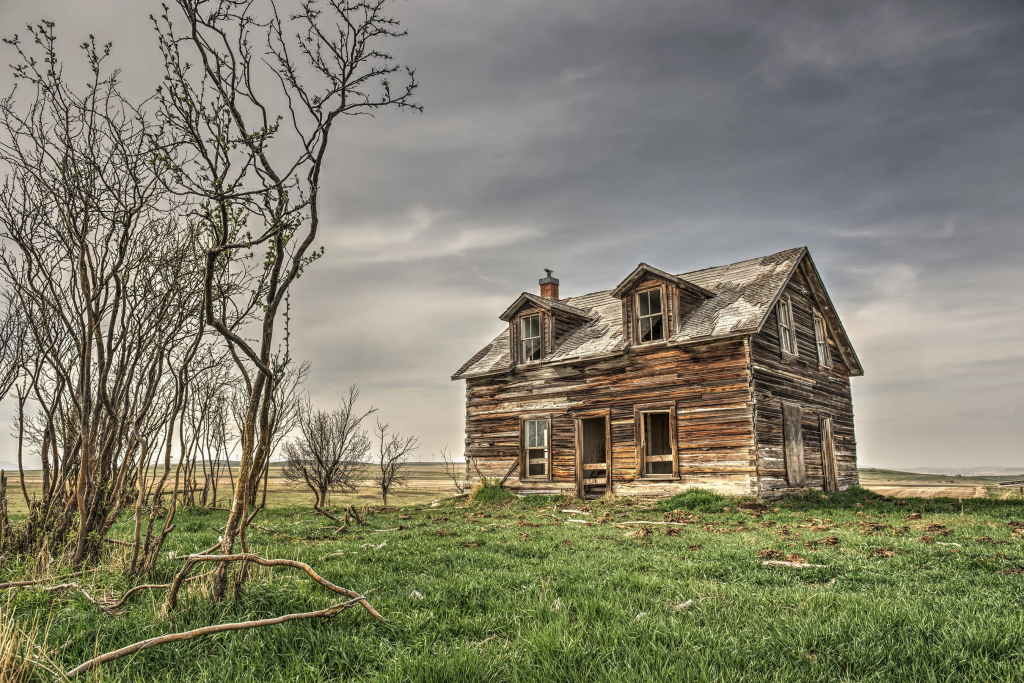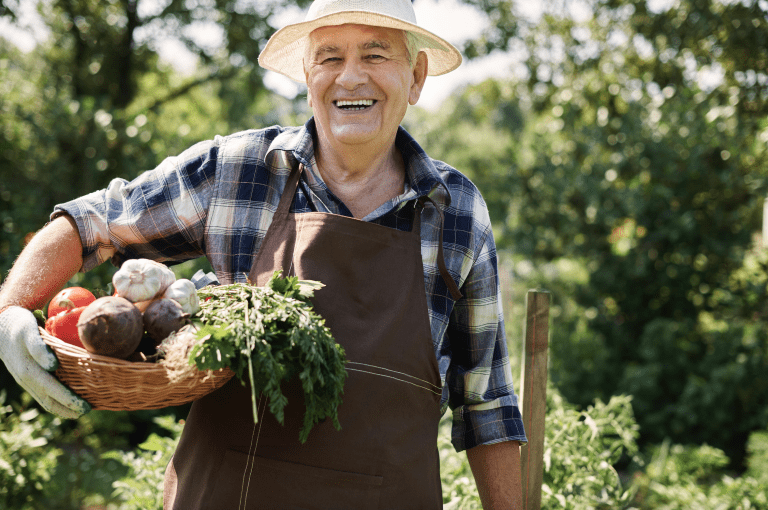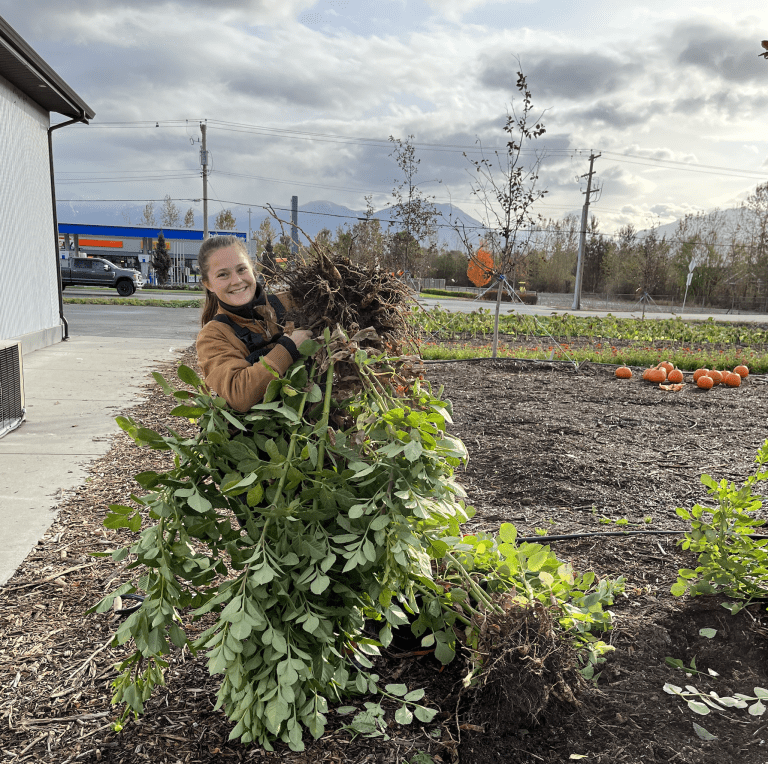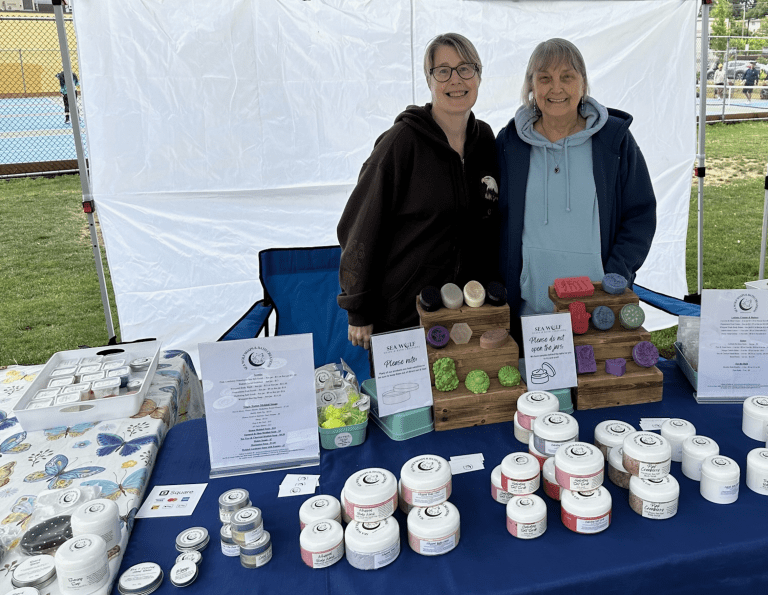Homesteading is a lifestyle that emphasizes self-sufficiency and living off the land.
To achieve the best quality of life as a homesteader, here are 10 principles to follow:
Sustainability: Homesteaders strive to live sustainably, which means using resources in a way that does not deplete them for future generations. This can include using renewable energy sources, growing food organically, and practicing conservation.
Self-sufficiency: Homesteaders aim to be as self-sufficient as possible, which means producing their own food, generating their own energy, and being able to meet their basic needs without relying on outside sources.
Resilience: Homesteaders understand the importance of being resilient and adaptable in the face of challenges. They are prepared for unexpected events and have the skills and resources to overcome them.
Community: While homesteaders value self-sufficiency, they also recognize the importance of community. They often form networks with other homesteaders and farmers to share knowledge, resources, and support.
Regenerative agriculture: Homesteaders practice regenerative agriculture, which focuses on building healthy soil and biodiversity to support sustainable food production. This can include techniques such as cover cropping, crop rotation, and composting.
Frugality: Homesteaders are often frugal, which means living within their means and avoiding unnecessary expenses. They prioritize their spending on necessities and invest in tools and equipment that will help them be more self-sufficient.
DIY mindset: Homesteaders have a DIY mindset, which means they are willing to learn new skills and take on tasks themselves rather than relying on outside help. They often enjoy learning and experimenting with new techniques.
Mindfulness: Homesteaders practice mindfulness, which means being present in the moment and paying attention to their surroundings. They often prioritize time in nature and value the peace and quiet of rural living.
Perseverance: Homesteaders have a strong sense of perseverance, which means they are able to keep going even when faced with challenges or setbacks. They understand that success often comes through hard work and determination.
Creativity: Homesteaders are often creative, using their skills and resources to find innovative solutions to problems. They enjoy experimenting with new techniques and finding new ways to make their homesteads more sustainable and efficient.
Being a homesteader typically refers to a lifestyle where individuals or families live on and cultivate a piece of land for self-sufficiency. Homesteaders often engage in activities such as farming, gardening, livestock raising, and preserving food. The goal is to produce as much of their own food and resources as possible, while also reducing their dependence on modern technologies and commercial goods. Homesteaders may also prioritize living sustainably and in harmony with the natural environment. The term “homesteader” has historical roots in the United States, referring to individuals who settled and cultivated public land under the Homestead Act of 1862.
The Homestead Act of 1862 was a law passed by the United States Congress during the Civil War, signed into law by President Abraham Lincoln on May 20, 1862. It provided for the transfer of 160 acres of public land to any person who would live on and improve the land for at least five years. The Act was designed to encourage settlement in the western United States, particularly in the Great Plains, by offering free land to those who were willing to live and work on it.
To qualify for the land grant, an individual had to be at least 21 years of age or head of household, and a citizen or immigrant intending to become a citizen. The land was granted to the individual on the condition that they would improve it by building a dwelling, cultivating the land, and making other necessary improvements within five years of receiving the grant. Once the individual had met these requirements, they could obtain a patent, or deed, to the land.
The Homestead Act was one of several measures passed by the U.S. government to encourage westward expansion and settlement, and it had a significant impact on the development of the American West. Over the course of several decades, millions of acres of public land were claimed under the Homestead Act, and hundreds of thousands of families and individuals were able to establish homes and farms in the western United States and of course here in Canada in a similar capacity.
Wild Bluebell Homestead is a charming hobby farm located in Abbotsford that offers a range of hand-made artisanal products, curated vintage furniture, sourdough bread, and other homemade items. The homestead is dedicated to creating unique and high-quality products that are beautiful, functional, and long-lasting, plus each item is carefully crafted with attention to detail. Customers can expect a warm and welcoming experience and a range of products that are perfect for adding a touch of rustic charm to any home.























